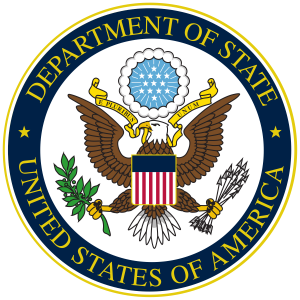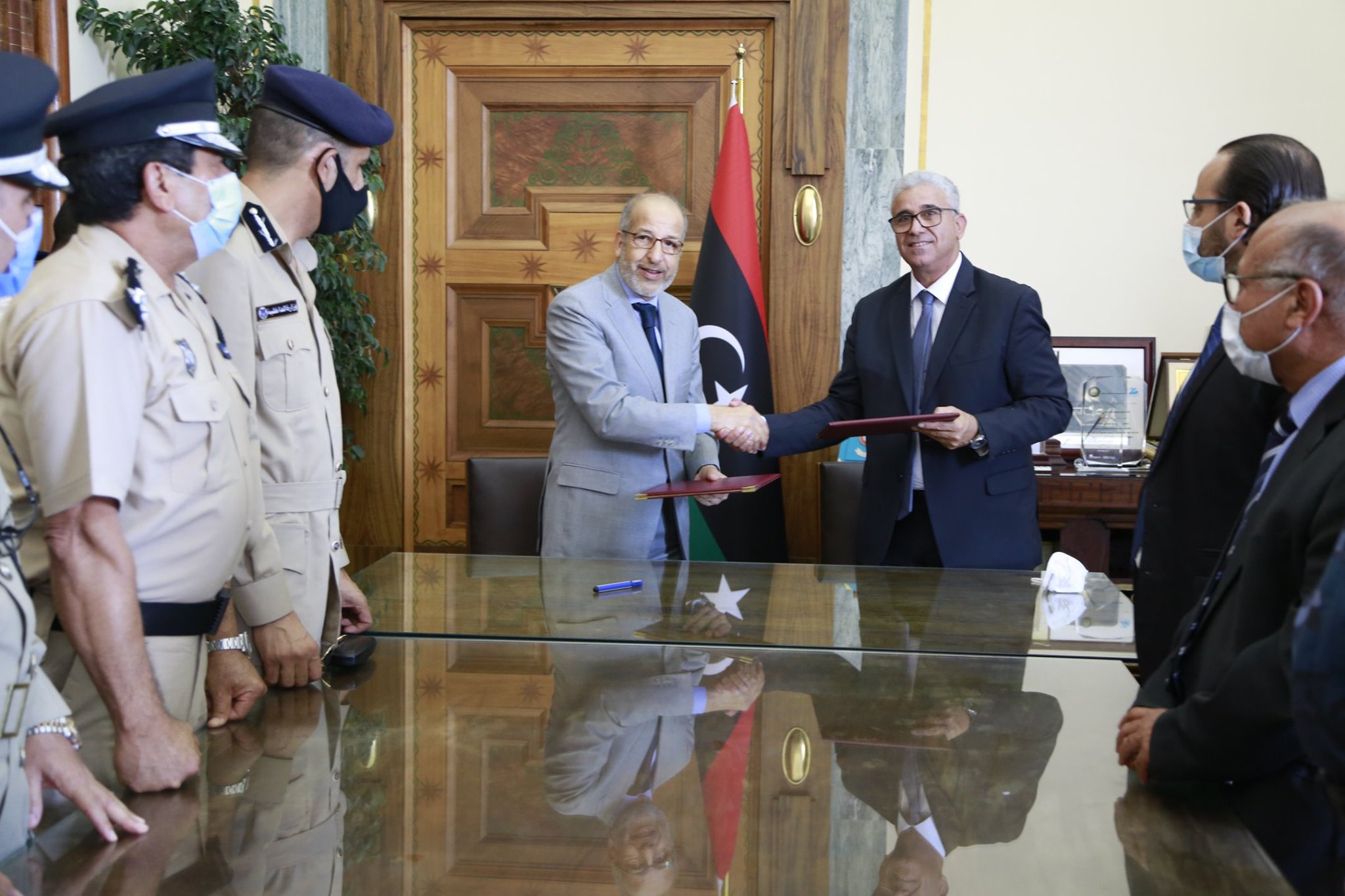By Sami Zaptia.

London, 10 August 2020:
The U.S has updated its Travel Advisory to its citizens for Libya to Level Four which advises against travel to the country.
The State Department advice urges its citizens: ‘‘Do not travel to Libya due to COVID-19, crime, terrorism, civil unrest, kidnapping, and armed conflict.
On Covid-19
It says that the U.S Center for Disease Control and Prevention (CDC) has issued a Level 3 Travel Health Notice for Libya due to COVID-19.
On crime
It adds that crime levels in Libya remain high, including the threat of kidnapping for ransom. Westerners and U.S. citizens have been targets of these crimes.
On terrorism
The State Department advice says terrorist groups continue plotting attacks in Libya. Violent extremist activity in Libya remains high, and extremist groups have made threats against U.S. government officials and citizens. Terrorists may attack with little or no warning, targeting tourist locations, hotels, transportation hubs, markets/shopping malls, and government facilities.
On outbreaks of violence
Outbreaks of violence between competing armed groups can occur with little warning and have the potential to impact U.S. citizens, the advice says. The capital, Tripoli, and other cities, such as Surman, Al-Jufra, Misrata, Ajdabiya, Benghazi, Sebha, and Derna, have witnessed fighting among armed groups, as well as terrorist attacks. Hotels and airports frequented by Westerners have been the targets of these attacks. Even demonstrations intended to be peaceful can turn confrontational and escalate into violence.
On militia groups
On Militia or armed groups, the advice said that these sometimes detain travellers for arbitrary reasons, do not grant detainees access to a lawyer or a legal process, and do not allow detainees to inform others of their status. U.S. citizens should carry proof of citizenship and valid immigration status at all times, but having these documents does not guarantee fair treatment.
On airports and commercial transport
The advice says that some international and national airports are closed, and flights out of operational airports are sporadic and may be cancelled without warning. The U.S. government is very concerned about the targeting of commercial transportation in Libya and prohibits U.S. commercial aviation operations within Libyan airspace.
The U.S. government is unable to provide emergency or routine assistance to U.S. citizens in Libya, as the U.S. Embassy in Tripoli suspended its operations in July 2014.
Due to risks to civil aviation operating within or in the vicinity of Libya, the Federal Aviation Administration (FAA) has issued a Notice to Airmen (NOTAM) and/or a Special Federal Aviation Regulation (SFAR).
The advice lists 13 contingency steps for U.S citizens that, nevertheless, do decide to travel to Libya. These include the advice to ‘‘Draft a will and designate appropriate insurance beneficiaries and/or a power of attorney’’, and ‘‘Discuss a plan with loved ones regarding care/custody of children, pets, property, belongings, non-liquid assets (collections, artwork, etc.), funeral wishes, etc’’.







